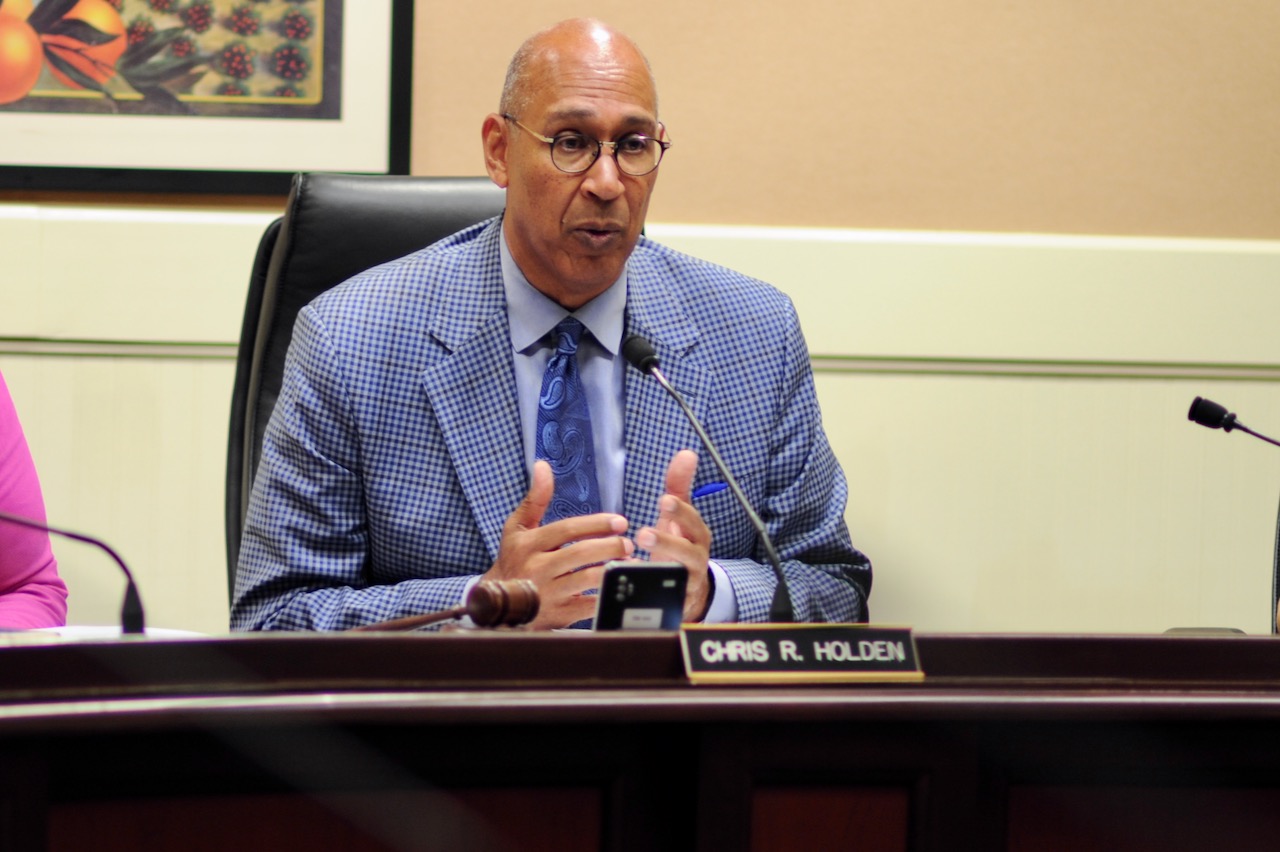
California State Capitol. (Photo: Kevin Sanders for California Globe)
Lawsuit Filed Against CA Over Mandatory Minority Board Seat Minimum Law
National Center for Public Policy Research challenges AB 979 law in District Court
By Evan Symon, November 24, 2021 6:14 am
The National Center for Public Policy Research think tank filed a lawsuit against the state in a District Court on Tuesday, challenging the new state law that mandates a minimal number of board seats of California headquartered public corporations to be given to minority or LBGT employees.
The board mandate, also known as Assembly Bill 979, was signed into law last year. According to the law, authored by Assemblyman Chris Holden (D-Pasadena), California headquartered companies must have strict minimums on the number of minority or LGBT board members. For companies with fewer than 4 board members, then 1 member must come from one of those minority groups. For companies with between 4 and 8 board seats they must have at least 2 minority held seats, with any larger boards than that having at least 3. AB 979 had been largely influenced by SB 826, a 2018 law that set similar board quotas for women.
While AB 979 has aimed to even out corporate ranks in California, where over 75% of all board seats of state-based companies are white, opponents have charged that the law will lead to discrimination, overlooking the best candidates, and forcing diversity immediately rather than let companies build up internal candidates organically.
The National Center for Public Policy Research, with legal representation by the Pacific Legal Foundation, said in their National Center for Public Policy Research v. Shirley Weber suit that diversity quotas injure the Plaintiff’s right to vote for the candidate of its choice, free of a government-imposed race, sex, and sexual orientation quotas. Like a few previous legal challenges before it, such as a suit by Judicial Watch in 2020, the Pacific Legal Foundation said on Tuesday that they hope to make not only AB 979, but also SB 826, unconstitutional, as they give benefits and impose burdens on the basis of race, sex, and sexual orientation.
“The state of California is intruding into corporate affairs to impose quotas based on race and sex and they don’t have a good justification for doing so,” said Pacific Legal Foundation attorney Daniel Ortner on Tuesday. “Companies are already diversifying, without the need of the state of California forcing the matter. And doing so through a quota, in particular, is discriminatory and unlawful.”
Another legal challenge against AB 979
Many legal experts noted on Tuesday that while the plaintiffs may have a hard time overturning the laws, there is still a decent chance that the laws can be passed.
“People can be discriminated against for so many things,” said San Diego lawyer Damon Smith, a lawyer specializing in discrimination lawsuits, to the Globe on Tuesday. “There are many, many laws about this, broken up into even more specializations, such as private companies and government entities.”
“This lawsuit challenges board seats, and it appears that it can be argued both ways. Yes, when California barely has any board seats being held by African Americans or Latinos, while Whites and Asian Americans have nearly all the seats, there is an inherent problem. But when you force diversification, companies have to look away from qualified candidates solely based on their skin. That’s discrimination too. All they need is one white candidate who is also, say, Jewish or Armenian or part of a white ethnic group to cry discrimination and they will have a real tough time justifying the law. A lot of companies had to drop plans because of incidents like that.”
“This could have been rectified by programs that haven’t been challenged in the court, like leadership programs for people of color or other organic ways that the companies and state could have brought people up. But instead they force it at a time when companies are planning to leave California. Tesla and other companies will no longer have to adhere to this outside the state, and this is just one of many reasons they’re leaving.”
Proponents of the law, such as Assemblyman Holden, have not commented on the lawsuit as of Tuesday night.
The suit is expected to be heard soon in the District Court for the Eastern District of California.
- Bill to Require Law Enforcement Disclosure if AI Was Used To Help Write Reports - August 7, 2025
- Gov. Newsom Files FOIA Request To ‘Expose True Cost’ Of L.A. Federal Troop Deployment for Anti-ICE Riots - August 6, 2025
- California Redistricting: How Newsom’s Plan Will Demolish Hard Fought GOP Gains - August 6, 2025





GOOD NEWS. Break a leg!
The suit obviously filed by threatened corporate males who dislike the idea of a woman or LBGTQ person being in charge.
The State should not be telling anyone who needs to be on their boards including what type of people.
What would you say if a company has a board of 100% LGBTQ+ POC members with no Straight White Males..?? Would you support forcing that company to make changes to their Board to accommodate Straight White Males..??
Knowing your response to others, you would probably say “No” however, I would like to know your response and most especially, why. Thanks
Do I hear crickets? Again?!!
You going to respond to CPUNerd559? Aw come on man! All men are uh er uh, you know the thing!
I wasn’t expecting a response from our Globe Troll..!!! It’s kind of a gotcha question that a libtard like the “Troll” can’t answer because it will negate his other pontificating.
If it is so obvious, let’s see your supporting data.
Oh, I thought so. Nothing. Just another lib talking out their b#tt.